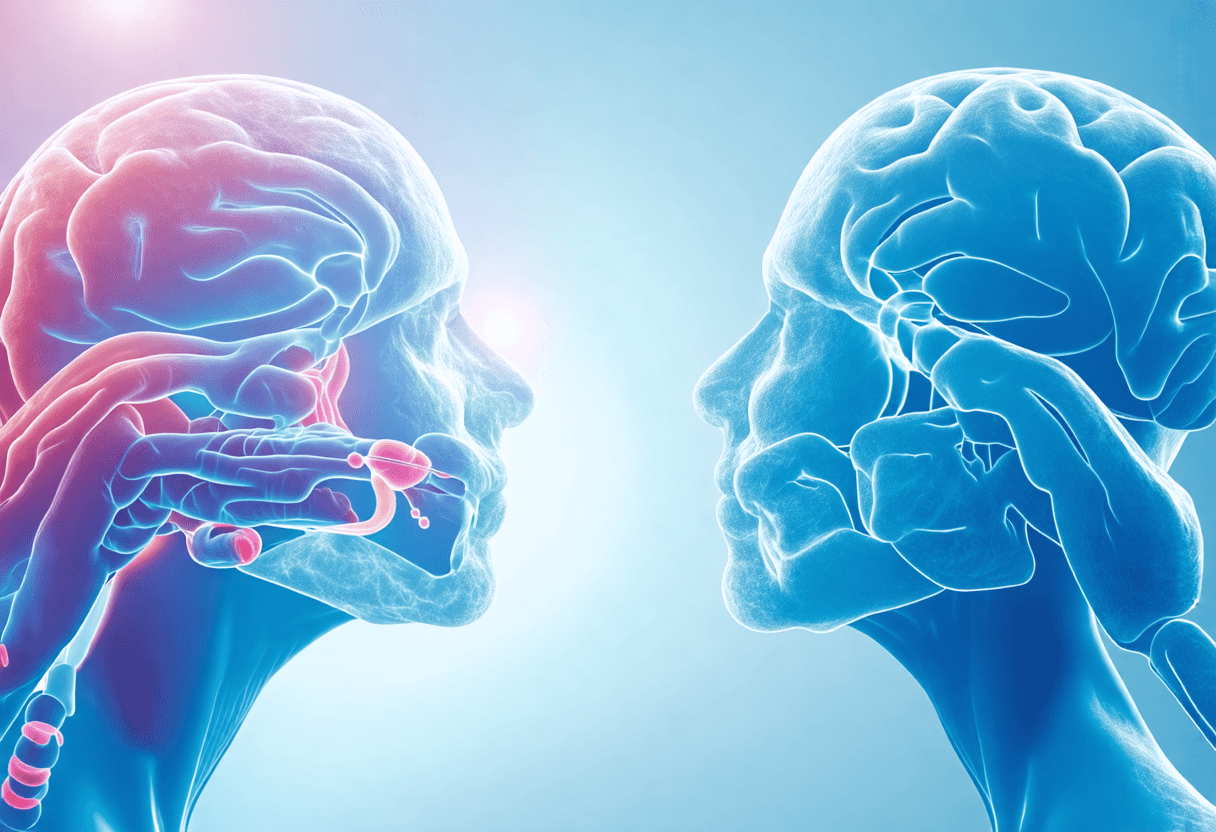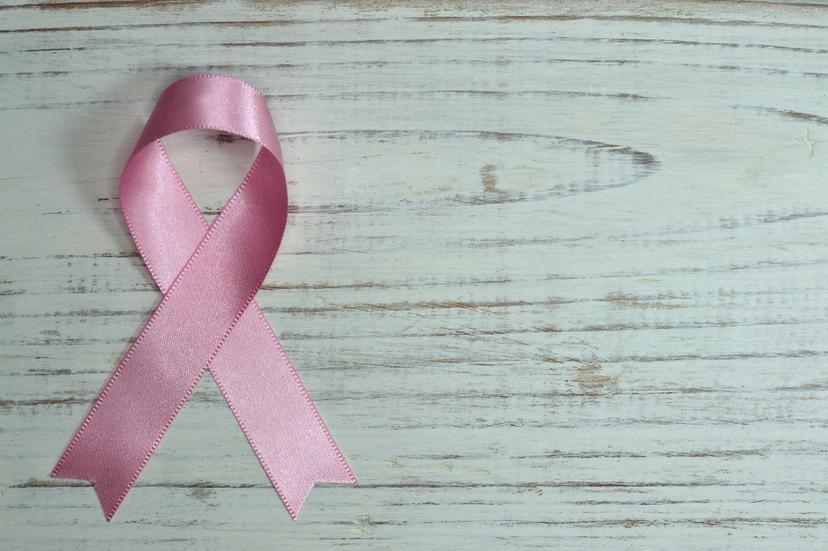
Understanding Esophageal Cancer
11 Oct, 2024
 Healthtrip
HealthtripImagine taking a bite of your favorite food, only to feel a sudden, intense pain in your chest. The sensation is unlike anything you've experienced before, and it's a warning sign that something is seriously wrong. For millions of people around the world, this is the reality of living with esophageal cancer. It's a disease that can be devastating, but with the right information and support, it's possible to navigate the journey and find hope.
What is Esophageal Cancer?
Esophageal cancer occurs when abnormal cells in the esophagus, a muscular tube that carries food from the throat to the stomach, begin to multiply and grow out of control. These cancer cells can form tumors that can interfere with the normal functioning of the esophagus, making it difficult to swallow, eat, and even breathe. There are two main types of esophageal cancer: squamous cell carcinoma and adenocarcinoma. The former typically affects the upper and middle parts of the esophagus, while the latter usually develops in the lower part of the esophagus.
Most popular procedures in India
Risk Factors and Causes
Certain factors can increase a person's risk of developing esophageal cancer. These include smoking, excessive alcohol consumption, acid reflux, obesity, and a diet low in fruits and vegetables. In addition, people with a history of gastroesophageal reflux disease (GERD) or Barrett's esophagus, a condition in which the lining of the esophagus becomes damaged, are more likely to develop esophageal cancer. In some cases, the exact cause of the disease may not be known.
Wellness Treatments
Give yourself the time to relax
Lowest Prices Guaranteed!

Lowest Prices Guaranteed!
Symptoms and Diagnosis
The symptoms of esophageal cancer can be subtle at first, making it essential to be aware of any changes in your body. Some common signs include difficulty swallowing, chest pain or discomfort, weight loss, and coughing or choking on food. If you're experiencing any of these symptoms, it's crucial to consult with a doctor. They will perform a physical exam, take a thorough medical history, and order diagnostic tests such as an endoscopy, biopsy, or imaging studies to determine if cancer is present.
Stages of Esophageal Cancer
Once a diagnosis of esophageal cancer is confirmed, the next step is to determine the stage of the disease. The staging system, which ranges from 0 to IV, indicates the extent of the cancer's spread. Stage 0 is the earliest stage, where the cancer is confined to the lining of the esophagus, while Stage IV is the most advanced stage, where the cancer has spread to distant organs.
Treatment Options
Treatment for esophageal cancer depends on the stage of the disease, the location of the tumor, and the overall health of the patient. Surgery, chemotherapy, radiation therapy, and targeted therapy are common treatment options. In some cases, a combination of these treatments may be used. Surgery, which involves removing the tumor and affected lymph nodes, is often the most effective way to treat esophageal cancer. However, it's a complex procedure that requires careful consideration and planning.
Coping with Esophageal Cancer
Receiving a diagnosis of esophageal cancer can be overwhelming, but it's essential to remember that you're not alone. There are many resources available to help you cope with the emotional and physical challenges of the disease. Support groups, both online and in-person, can provide a sense of community and connection with others who are going through similar experiences. Additionally, talking to a mental health professional can help you manage anxiety, depression, and other emotions that may arise during this difficult time.
Living with Esophageal Cancer
While esophageal cancer can be a life-altering diagnosis, it's not a death sentence. With the right treatment and support, it's possible to manage the disease and improve your quality of life. By being aware of the signs and symptoms, seeking medical attention early, and staying committed to your treatment plan, you can take control of your health and find hope in the face of adversity. Remember, you are not alone, and there is always a way forward.
Related Blogs

Say Goodbye to IBS: Top IBS Hospitals in India for Effective Treatment
Healthtrip helps you find the top IBS hospitals in India

IBS Treatment in India: Finding Relief from IBS Symptoms
Get the best IBS treatment in India with Healthtrip, find

Gastro Care at Its Finest: Regency Hospital's Specialized Approach
Experience world-class gastro care at Regency Hospital, a leading hospital

Mouth Cancer Diagnosis: What to Expect
Get informed about the diagnosis process for mouth cancer

Esophageal Cancer and Sleep
Tips for improving sleep during esophageal cancer treatment.

Esophageal Cancer and Exercise
The importance of exercise during esophageal cancer treatment.










